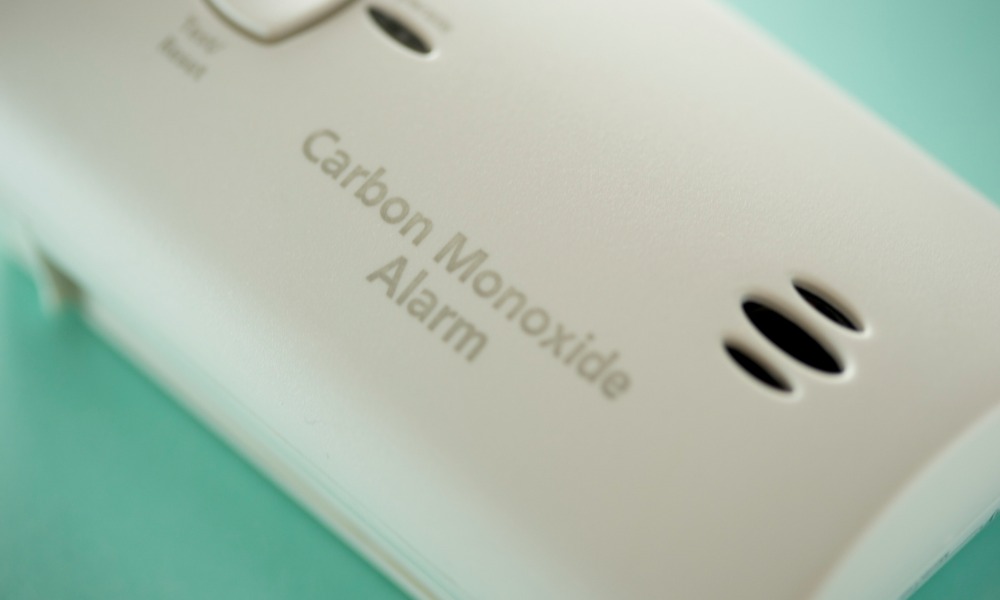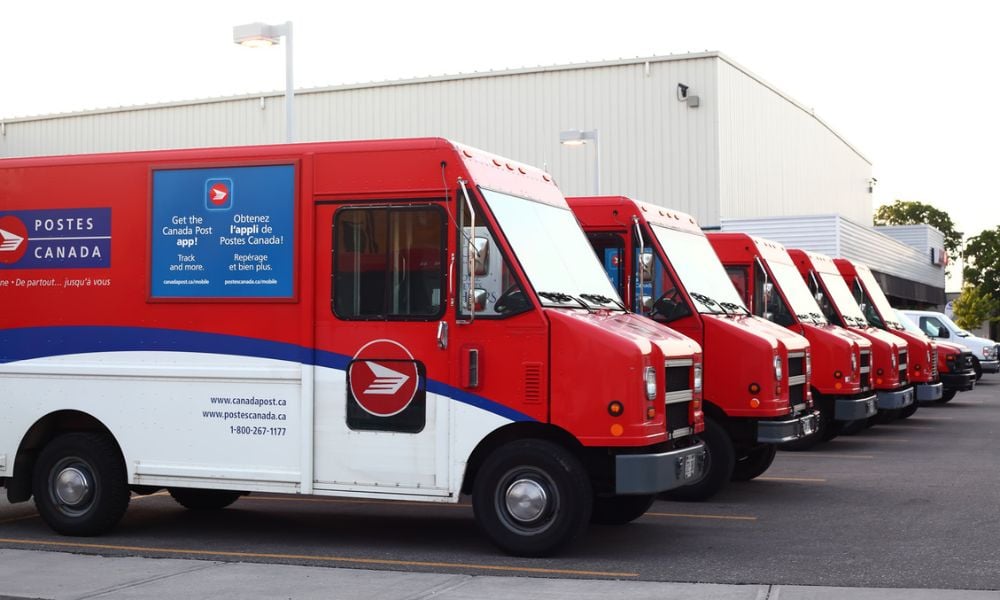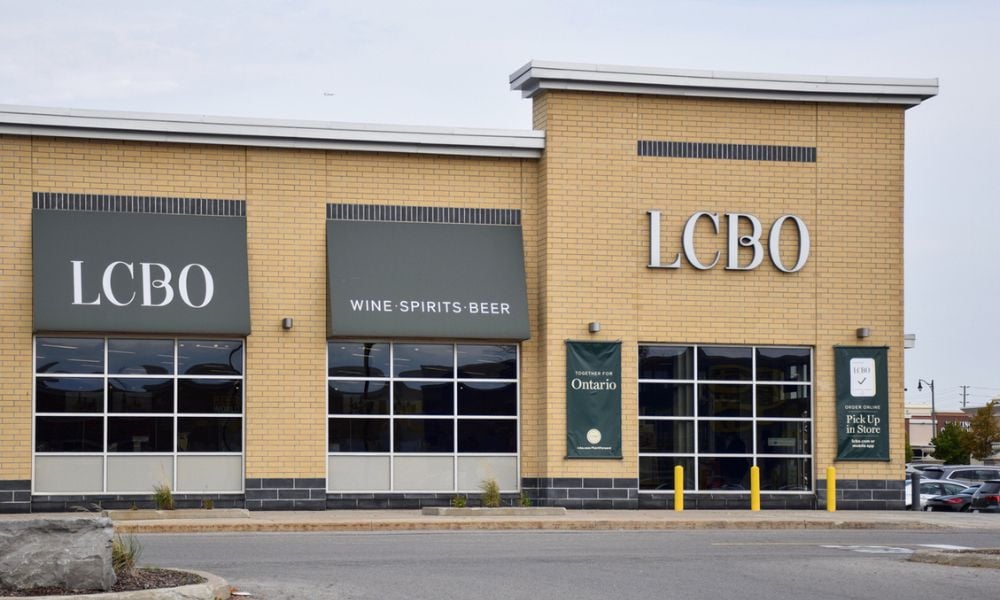Are the social dynamics in a typical workplace any different from high school?
A new CareerBuilder survey found that 43% of workers say their office or workplace is populated by cliques. The nationwide survey conducted by Harris Interactive on behalf of CareerBuilder found that cliques can affect workplace culture in a variety of ways.
What do Workers do to Fit In?
While only one in ten workers (11%) said they felt intimidated by office cliques, 20% of workers said they've done something they're really not interested in or didn't want to do just to fit in with co-workers. Forty-six% in this subgroup simply went to happy hours to fit in, but the reluctant, adaptive behaviour doesn't end there. Some other activities include:
- "Watched a certain TV show or movie to discuss at work the next day" – 21%
- "Made fun of someone else or pretended not to like them" – 19%
- "Pretended to like certain food" – 17%
- "Took smoke breaks" – nine per cent
Moreover, about 1 in 7 said they hide their political affiliation to fit in (15%), 10% don't reveal personal hobbies, and nine per cent keep their religious affiliations and beliefs a secret.
Bosses and Office Cliques
"Thirteen per cent of workers said the presence of office cliques has had a negative impact on their career progress," says Rosemary Haefner, vice president of Human Resources at CareerBuilder. "While it is human nature to associate with peers who possess similar personality types and characteristics, cliques can be counterproductive in the workplace. We see more managers using team-building activities or assembling people from different groups to work on projects to help discourage behaviours that can alienate others."
The survey found that not all managers succeed at staying neutral. Nearly half of those workers whose workplaces have cliques (46%) say their boss is a part of clique with some of his or her employees.
High School Personas and Office Cliques
According to the survey, workers who fit a specific persona in high school are also more likely to be in an office clique. Participants were asked to describe their high school selves as one of the following stereotypical archetypes: athlete, honour society, cheerleader, drama club, geek, class clown, student government, teacher's pet, band/choir.
Former "class clowns," "geeks," and "athletes" were the most likely to say they currently belong to an office clique in their job today. Interestingly, participants who chose not to self-identify as fitting one of the above personas are the least likely to be a part of an office clique.
Additionally, 17% of those workers who consider themselves to be introverts are members of an office clique, compared to 27% of extroverts.
How do Workers Perceive Colleagues in Other Departments?
Stepping beyond small office cliques to look at the organizational structure of entire companies, the survey found that different departments are widely perceived as owning distinctive traits. Workers chose which department best embodied the following categories:
- Most Social: Customer Service
- Smartest: Information Technology
- Most Attractive: Sales
- Most Productive: Production & Quality
- Most Intimidating to an Outsider: Legal








